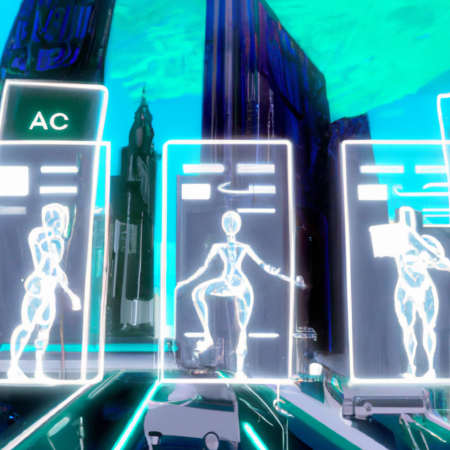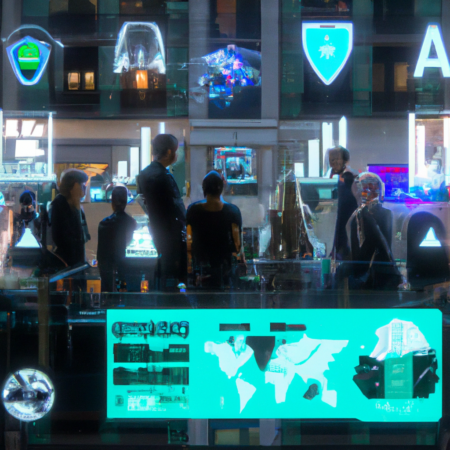Navigating the Future: Ethical AI and Regulatory Challenges in 2025
As we step into the second quarter of 2025, the landscape of Artificial Intelligence (AI) continues to evolve, bringing forth significant ethical and regulatory challenges. This blog post explores the intricate balance between innovation and ethical responsibility in the realm of AI technologies, discussing current trends, regulatory frameworks, and the path forward.
Understanding Ethical AI
Ethical AI refers to the principles and practices that help ensure AI technologies are developed and used in ways that are beneficial and fair to society. It encompasses issues like transparency, accountability, and fairness. As AI systems become more complex, ensuring these systems adhere to ethical guidelines is more critical than ever.
The Current Regulatory Landscape
In 2025, we see a diverse approach to AI regulation across the globe. Countries are increasingly recognizing the need for robust regulatory frameworks to manage the risks associated with AI technologies. This includes everything from data protection laws to specific AI governance policies.
Challenges and Opportunities
The rapid development of AI technologies presents both challenges and opportunities. One of the main challenges is the pace at which AI is evolving compared to the slower pace of regulatory developments. This gap can lead to vulnerabilities and ethical dilemmas. On the flip side, AI offers immense opportunities for improving efficiencies and solving complex problems in sectors like healthcare, finance, and education.
Strategies for Ethical AI Implementation
To bridge the gap between AI development and ethical governance, organizations and governments are employing various strategies. These include establishing AI ethics committees, conducting regular audits, and engaging in public discourse to garner insights and perspectives from a broad audience.
Conclusion
The journey towards ethical AI is ongoing. As we navigate through 2025, it is imperative for stakeholders across sectors to collaborate and innovate responsibly, ensuring AI technologies not only advance but also align with our core human values.
By staying informed and proactive, we can collectively contribute to a future where AI serves as a force for good, enhancing rather than compromising our societal fabric.






